The London School of Economics and Political Science announces that the 1998 Lakatos Award, of £10,000 for an outstanding contribution to the philosophy of science, has been jointly won by:
Jeffrey Bub (University of Maryland, College Park) for his book Interpreting the Quantum World (Cambridge University Press, 1997)
Deborah Mayo (Virginia Polytechnic Institute and State University) for her book Error and the Growth of Experimental Knowledge (University of Chicago Press, 1996)
Jeffrey Bub – Interpreting the Quantum World
This is a book about the interpretation of quantum mechanics, in particular how to resolve the measurement problem introduced by the orthodox interpretation of the theory. The heart of the book is a new result that shows how to construct all possible ‘no collapse’ interpretations, subject to certain natural constraints and the limitations imposed by the hidden variable theorems. The discussion is self-contained and organized so that the technical portions may be skipped without losing the argument.
Deborah Mayo – Error and the Growth of Experimental Knowledge
We may learn from our mistakes, but Deborah Mayo argues that, where experimental knowledge is concerned, we haven’t begun to learn enough. Error and the Growth of Experimental Knowledge launches a vigorous critique of the subjective Bayesian view of statistical inference, and proposes Mayo’s own error-statistical approach as a more robust framework for the epistemology of experiment. Mayo genuinely addresses the needs of researchers who work with statistical analysis, and simultaneously engages the basic philosophical problems of objectivity and rationality. Mayo has long argued for an account of learning from error that goes far beyond detecting logical inconsistencies. In this book, she presents her complete program for how we learn about the world by being “shrewd inquisitors of error, white gloves off”. Her tough, practical approach will be important to philosophers, historians, and sociologists of science, and will be welcomed by researchers in the physical, biological, and social sciences whose work depends upon statistical analysis.



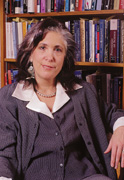
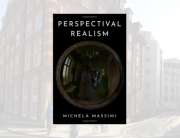
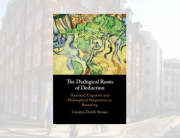

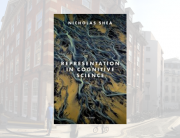
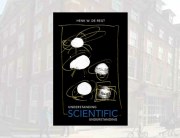

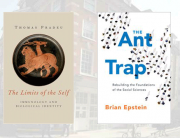
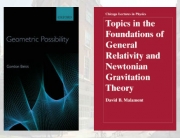
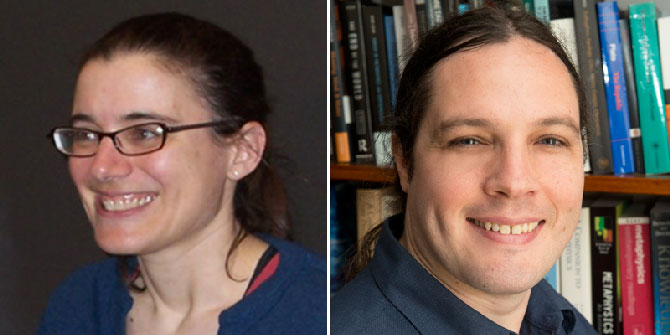
Connect with us
Facebook
Twitter
Youtube
Flickr